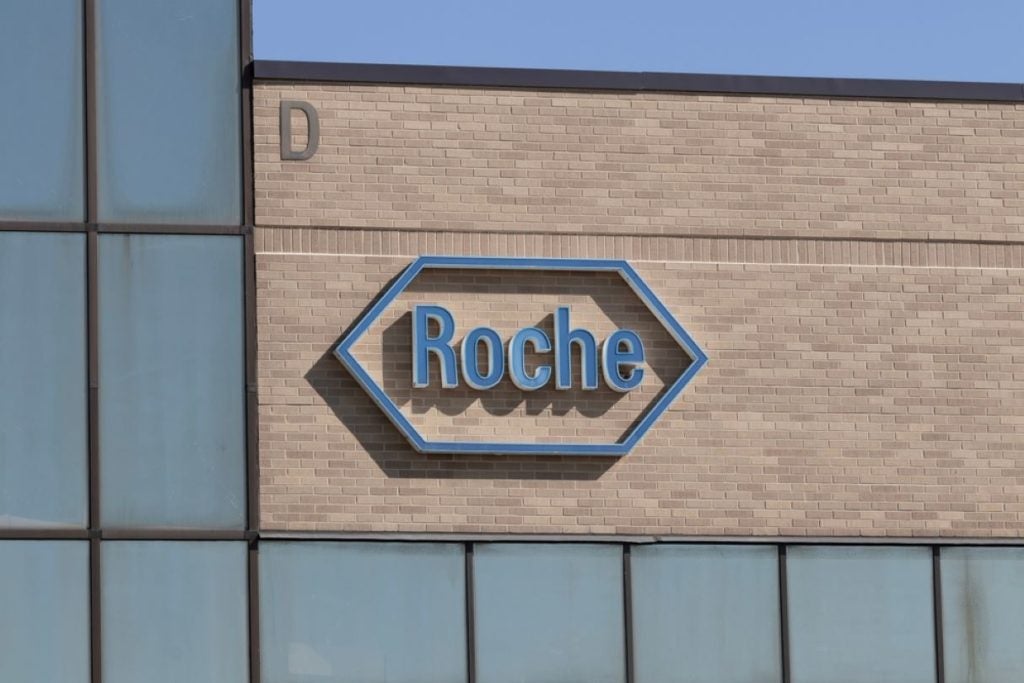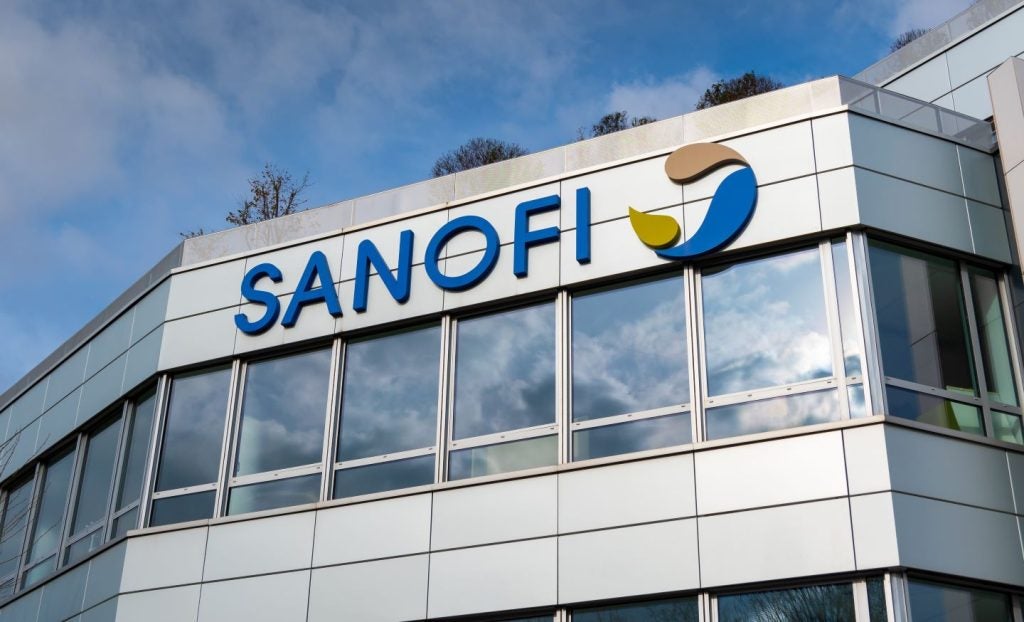The US Food and Drug Administration (FDA) has granted Roche a breakthrough therapy designation for its breast cancer therapy inavolisib, based on positive results from its recent Phase III trial.
In the Phase III INAVO120 (NCT04191499) study, the company investigated inavolisib in combination with Pfizer’s Ibrance (palbociclib) and AstraZeneca’s Faslodex (fulvestrant) for the treatment of adult patients with PIK3CA-mutated, hormone receptor-positive, HER2-negative breast cancer.
In the trial, the inavolisib treatment group demonstrated a 57% improvement in progression-free survival compared to the Faslodex monotherapy group. The study focused on locally advanced or metastatic breast cancer, following recurrence on or within 12 months of completing adjuvant endocrine treatment.
Roche is also assessing the drug in the Phase III INAVO121 (NCT05646862) and INAVO122 (NCT05894239) trials, exploring inavolisib’s use in other combinations.
Inavolisib is an oral PI3K inhibitor that treats cancer by restoring the PI13K/ Akt/mTOR pathway. This leads to the suppression of cancer progression. The drug is one of 12 therapeutic combinations and therapies that Roche is developing for breast cancer. According to the company's website, it forecasts a regulatory submission for the combination therapy after 2027.
While PI3K inhibition has been of interest in breast cancer research, the first PI3K inhibitor approval only came through when the FDA approved Novartis’ Piqray (alpelisib) in May 2019. As per Novartis, Piqray sales in 2023 amounted to $505m while a GlobalData consensus forecasts sales of $550m in 2030.
GlobalData is the parent company of Pharmaceutical Technology.
In a 21 May press release, Dr Levi Garraway, Roche’s CMO, said, “This promising inavolisib-based regimen could transform the PI3K inhibitor class, potentially becoming the standard of care for this patient population in the first-line setting.”
The FDA issues breakthrough designations to expedite the evaluation and review processes for certain therapies. The status is given to medicines that treat serious or life-threatening conditions based on early clinical evidence. The data should demonstrate a significant improvement on previous treatment options.
The pharmaceutical giant also declared plans to submit the Phase III data to other regulatory agencies such as the European Medicines Agency.
















